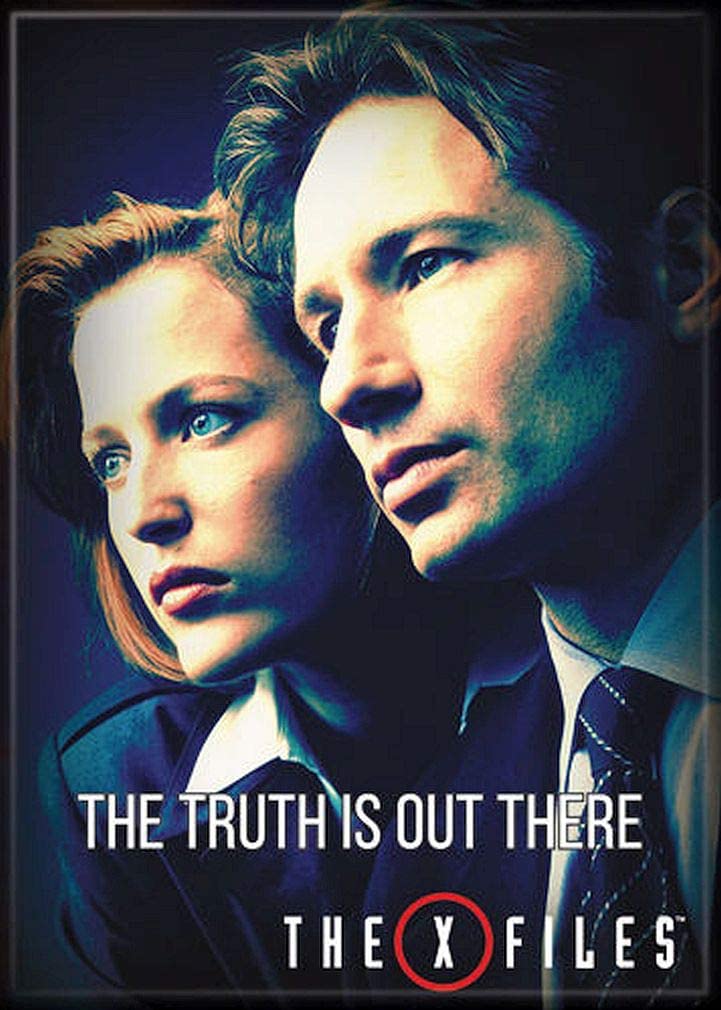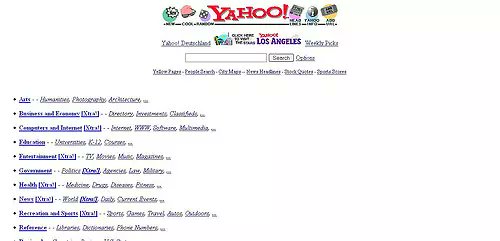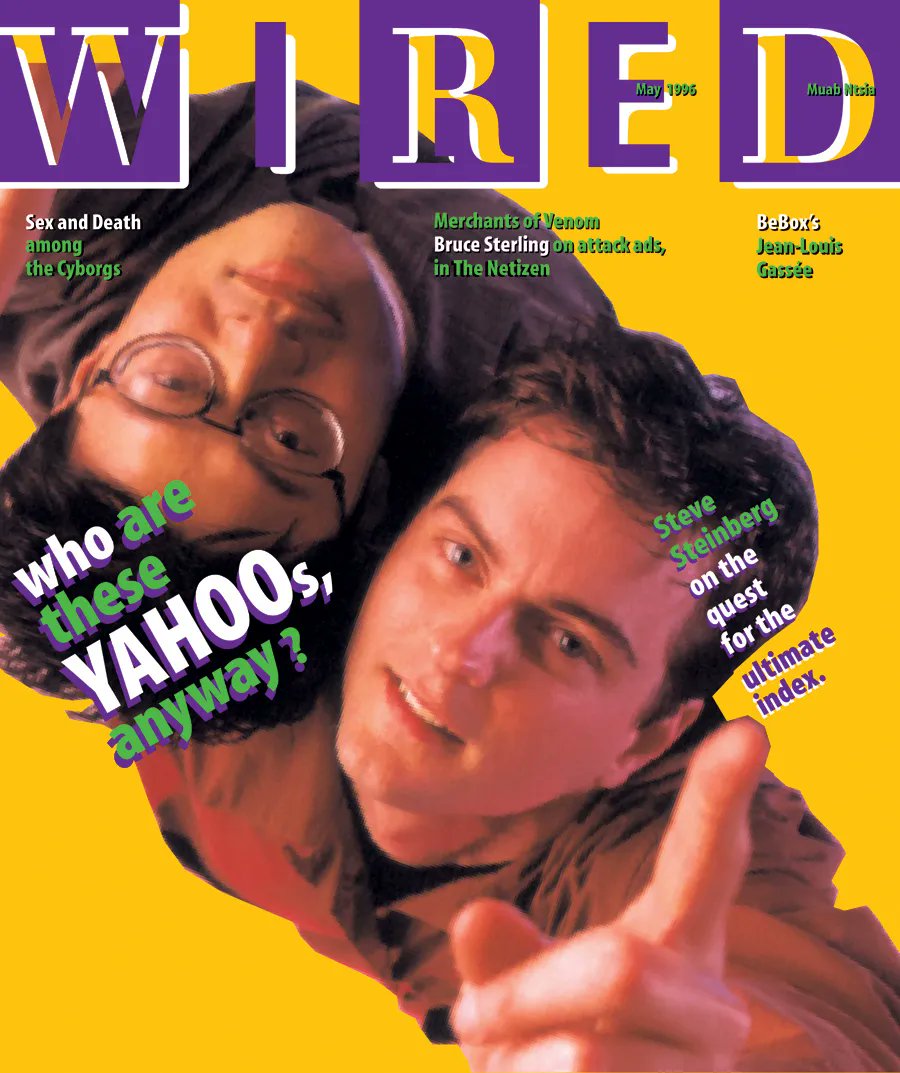Today, is the 25th anniversary of the first Internet Search company to IPO.
History books might claim that this was a key moment at the start of dot-com boom.
Usually these stories start with an American company but no, it started with a
American company but no, it started with a  Canadian company.
Canadian company.


History books might claim that this was a key moment at the start of dot-com boom.
Usually these stories start with an
 American company but no, it started with a
American company but no, it started with a  Canadian company.
Canadian company. 

This story involves a company you probably have heard of: @OpenText out of Waterloo.
In 1996 they were a very different company, focused primarily on search engines and text.
And the story of the early years of Internet are intertwined with the company.
In 1996 they were a very different company, focused primarily on search engines and text.
And the story of the early years of Internet are intertwined with the company.
OpenText was founded in the late 80’s inside @UWaterloo , to solve what was thought of at the time as a boring yet interesting tech problem.
The Oxford English Dictionary (OED) wanted to digitize itself. But searching in the dictionary was an issue.
The Oxford English Dictionary (OED) wanted to digitize itself. But searching in the dictionary was an issue.
Most solutions in order to save on space and make it easier to find keywords excluded short common words, such as "and," "the" “or” “to” and "of” etc.
For OED this wasn’t good enough, how can you find the meaning of 'To be or not to be” if the 2/3 of the words never get indexed.
For OED this wasn’t good enough, how can you find the meaning of 'To be or not to be” if the 2/3 of the words never get indexed.
Frank Tompa and Gaston Gonnet 2 professors @UWaterloo tackled the problem with their grad student Tim Bray. The 3 of them solved the OED problems for search. & they thought it might be applicable elsewhere and spun out the technology from @UWaterloo to what later became OpenText.
But the company struggled. A few academics with cool tech never really sold itself.
Then the internet came along.
Up until this point (1993) the best search out there was primarily from a program called Archie (also another Canadian invention - @mcgillu) but it kinda sucked.
Then the internet came along.
Up until this point (1993) the best search out there was primarily from a program called Archie (also another Canadian invention - @mcgillu) but it kinda sucked.
As Bray said, “the truth may be out there, but without help, you'll never find it; the Web needed a search engine. "The penny dropped and I thought, 'We have to do this”
(The 90's had a lot of X-file references.)
(The 90's had a lot of X-file references.)
They did it by sending out robotic software agents to crawl through cyberspace, following tens of millions of links and finding millions of pages of text. Then index’d them. A crazy problem, any small improvements can make a difference - you know like you might do for aDictionary
By 1995, they had the best Search engine system on earth and they launched the Open Text Index of the World Wide Web, seriously.
Things accelerated from there, headcount shot up from 15 people to 200, they bought a few companies, and launched corporate intranet search software.
Things accelerated from there, headcount shot up from 15 people to 200, they bought a few companies, and launched corporate intranet search software.
You might think what? why? Why intranet?
Well private intranets (or internal webs) were the thing in1995
Half of all Netscape revenues at the time came from Corporates for internal web browsing. @Ford was a customer, @Qualcomm was a customer. But Search was still their fortay.
Well private intranets (or internal webs) were the thing in1995
Half of all Netscape revenues at the time came from Corporates for internal web browsing. @Ford was a customer, @Qualcomm was a customer. But Search was still their fortay.
But then a small company you might have heard ofcame knocking.
@Yahoo needed a search Engine.
You might think why would @Yahoo need a search engine?
Fun fact: they never built one.
@Yahoo needed a search Engine.
You might think why would @Yahoo need a search engine?
Fun fact: they never built one.
Yahoo was started as a website with a bunch of links on it.
Like a library of Categorized links.
They literally hired dozens of librarians to comb through the web and categorize links to things and then you could “search their links”. They wanted to build an internet index
Like a library of Categorized links.
They literally hired dozens of librarians to comb through the web and categorize links to things and then you could “search their links”. They wanted to build an internet index
This was great.
Because the websites indexed were top quality usually - it sucked if you were looking for something they didn’t have on their site.
So in the off chance that happened (which it often did).
You were SOL.
Because the websites indexed were top quality usually - it sucked if you were looking for something they didn’t have on their site.
So in the off chance that happened (which it often did).
You were SOL.
Until an afternoon in 1995 when Yahoo started sending search queries that it couldn’t answer to @Opentext's webcrawled search engine.
Yahoo co-founder Jerry Yang (and non twitter user) said:
”There are a lot of search engines that do roughly the same things"
Yahoo co-founder Jerry Yang (and non twitter user) said:
”There are a lot of search engines that do roughly the same things"
But Jerry said, ”Open Text's technology, its multilingual abilities and its longevity - it started a dozen years ago as a University of Waterloo project - moved it ahead of the pack.”
Even @Yahoo didn’t want to do search, they wanted @OpenText to do their search.
Here's them
Even @Yahoo didn’t want to do search, they wanted @OpenText to do their search.
Here's them

Except.
OpenText didn’t really care.
"Our major payback is the fact that this is getting our name out there," said an Open Text software engineer.
"The index is the publicity face, the free stunt," said Open Text spokesman Dave Paolini.
OpenText didn’t really care.
"Our major payback is the fact that this is getting our name out there," said an Open Text software engineer.
"The index is the publicity face, the free stunt," said Open Text spokesman Dave Paolini.
And free it was.
Opentext barely got paid and Yahoo became a multibillion dollar dot-com darling.
No one thought this was the way to make money. Search was a tool. Yahoo concentrated on become a 'Media Platform'.
Opentext barely got paid and Yahoo became a multibillion dollar dot-com darling.
No one thought this was the way to make money. Search was a tool. Yahoo concentrated on become a 'Media Platform'.
Within a few years Yahoo had moved from @OpenText and eventually to a little known company named @Google - which I hear did ok in search.
@OpenText's nonfocus on Search was fine, their market cap peaked at just around $1.3 B(US) in 2000 before crashing back down to $400 million
@OpenText's nonfocus on Search was fine, their market cap peaked at just around $1.3 B(US) in 2000 before crashing back down to $400 million
Modest for the crazy valuations of the Dot-com boom but still a climb down.
@OpenText built a solid business in Enterprise and continue to do very well there.
Today, OpenText is an amazing company with a $12B Valuation.
@OpenText built a solid business in Enterprise and continue to do very well there.
Today, OpenText is an amazing company with a $12B Valuation.
But you can’t help but wonder what the story might have been if they hadn’t thought of search engines as a publicity stunt.

 Read on Twitter
Read on Twitter







